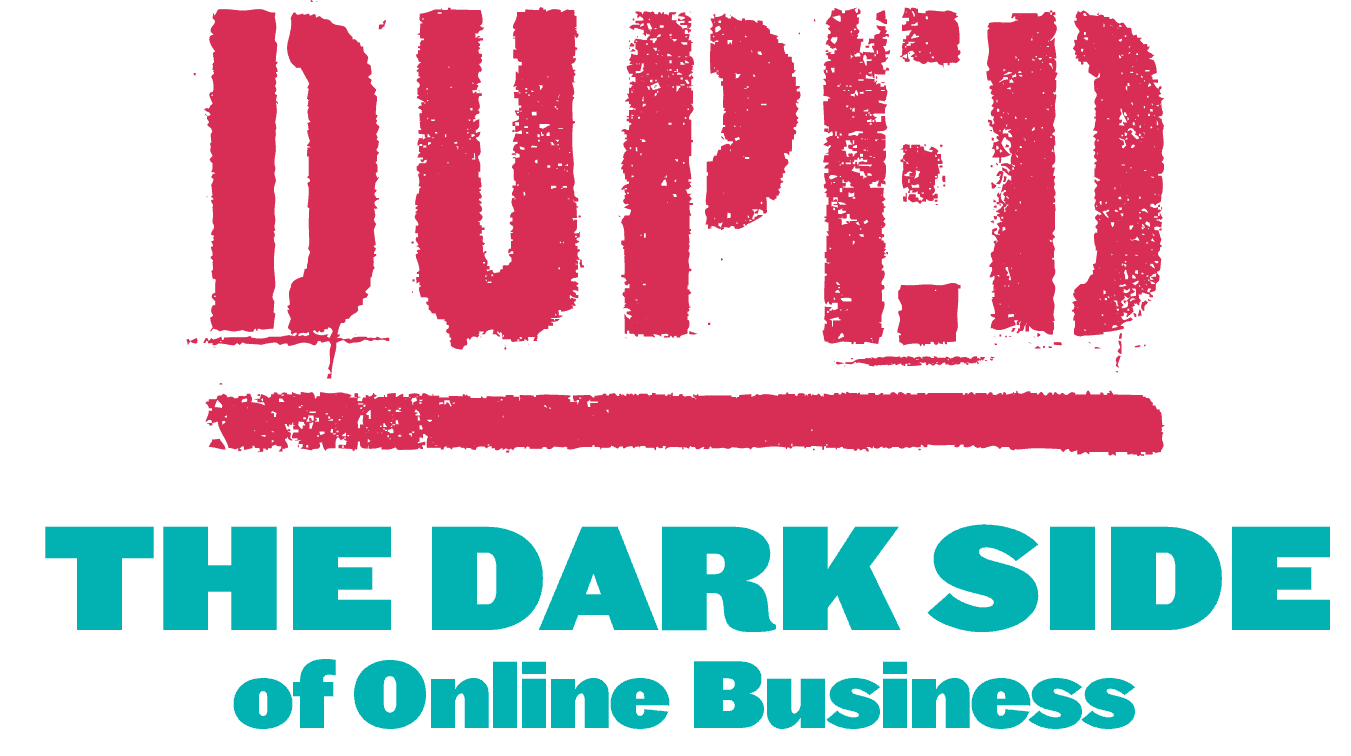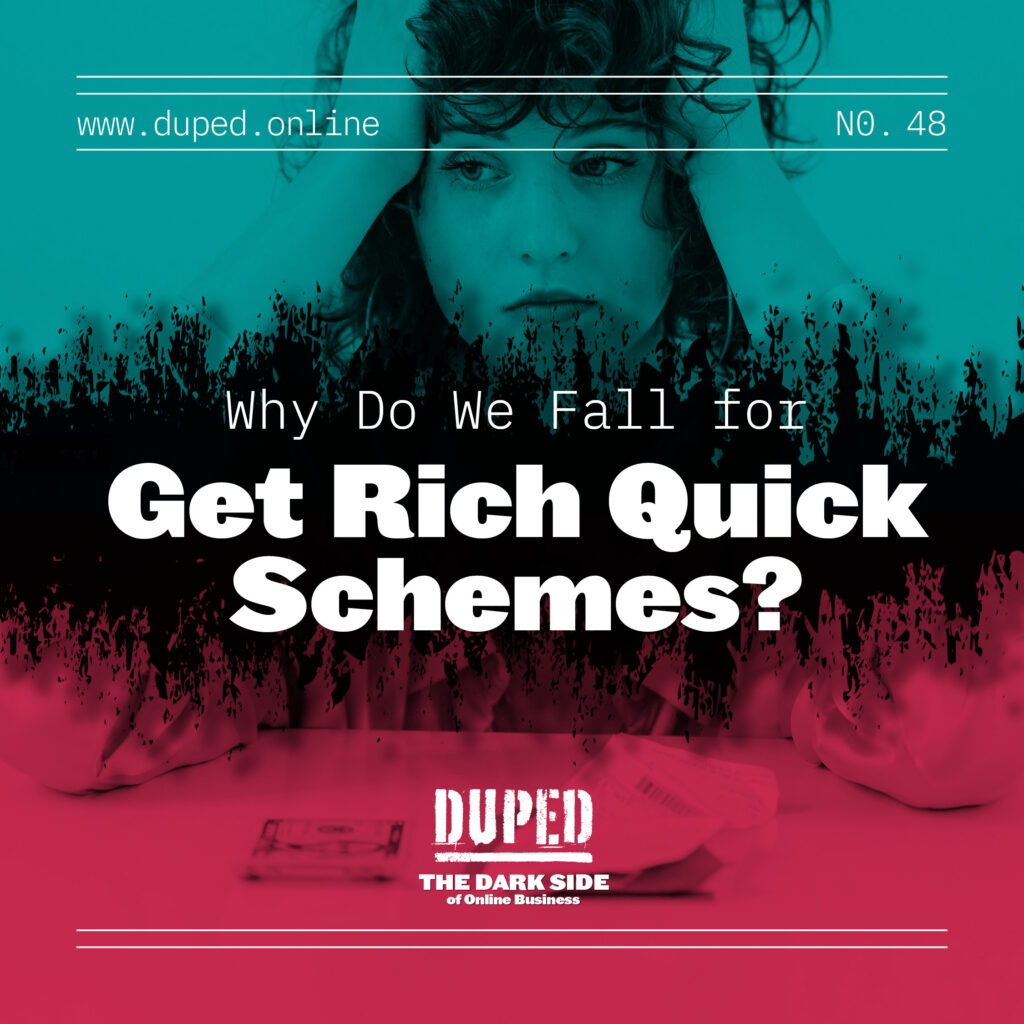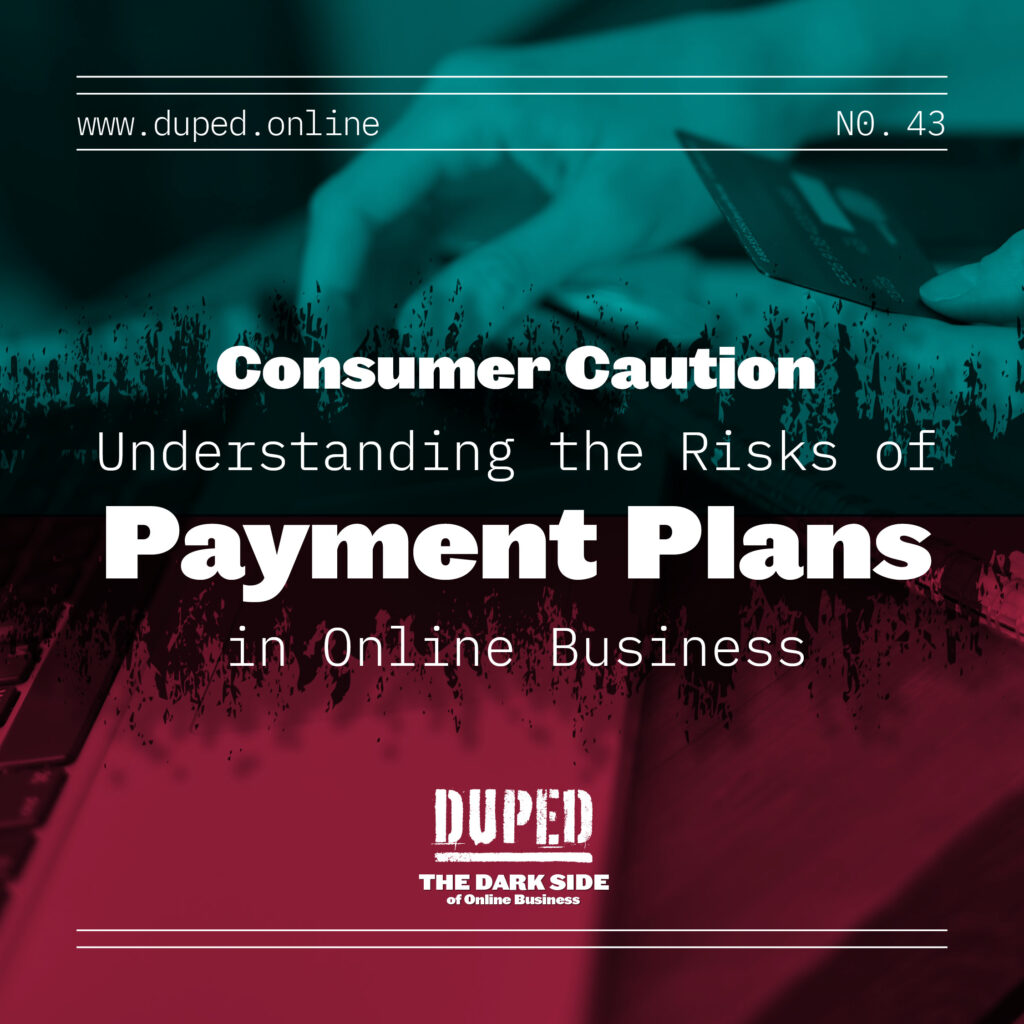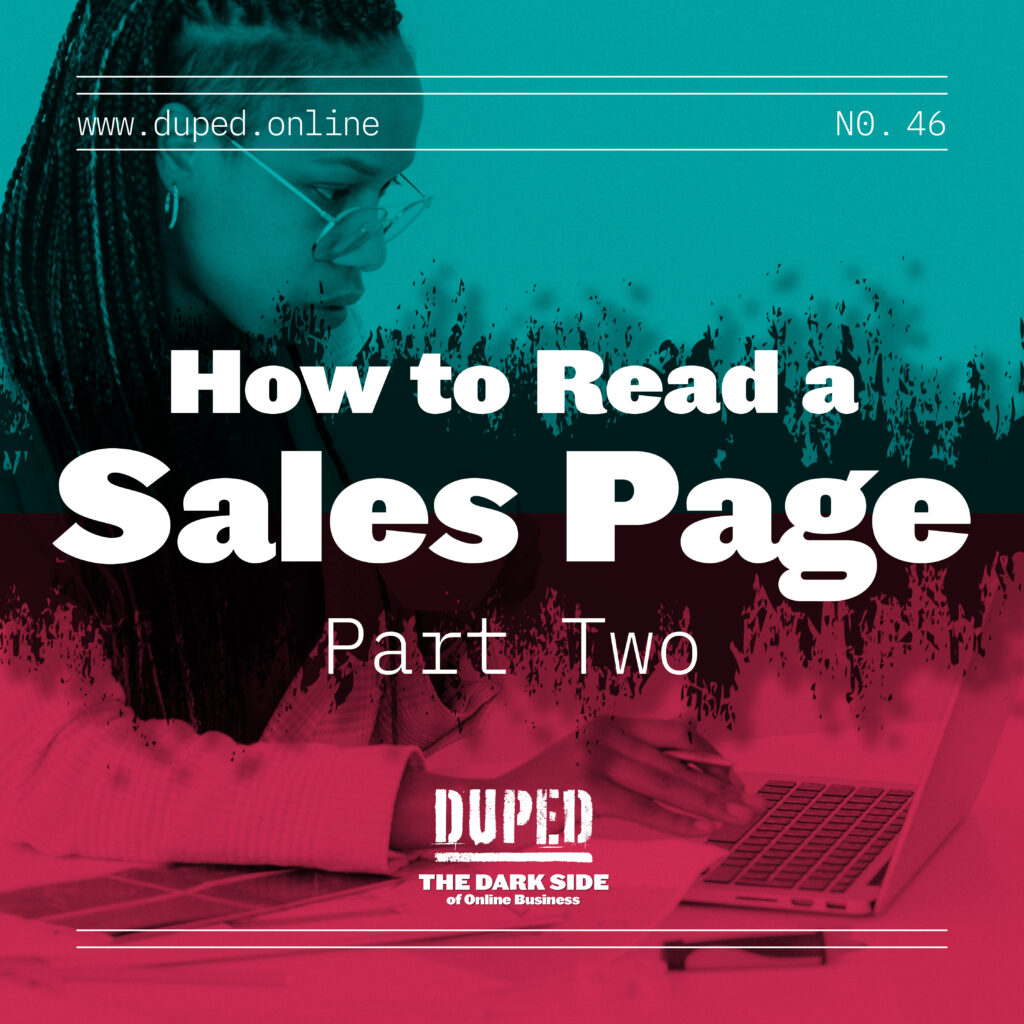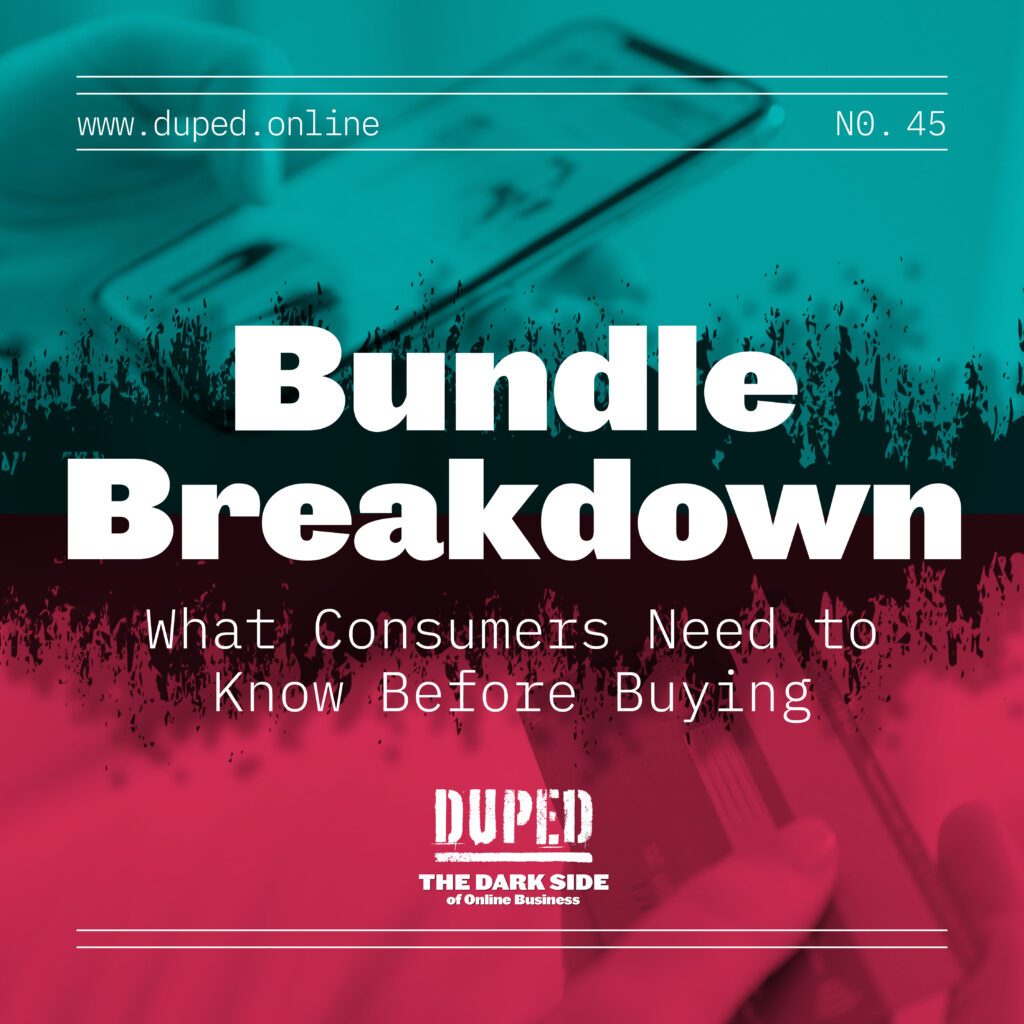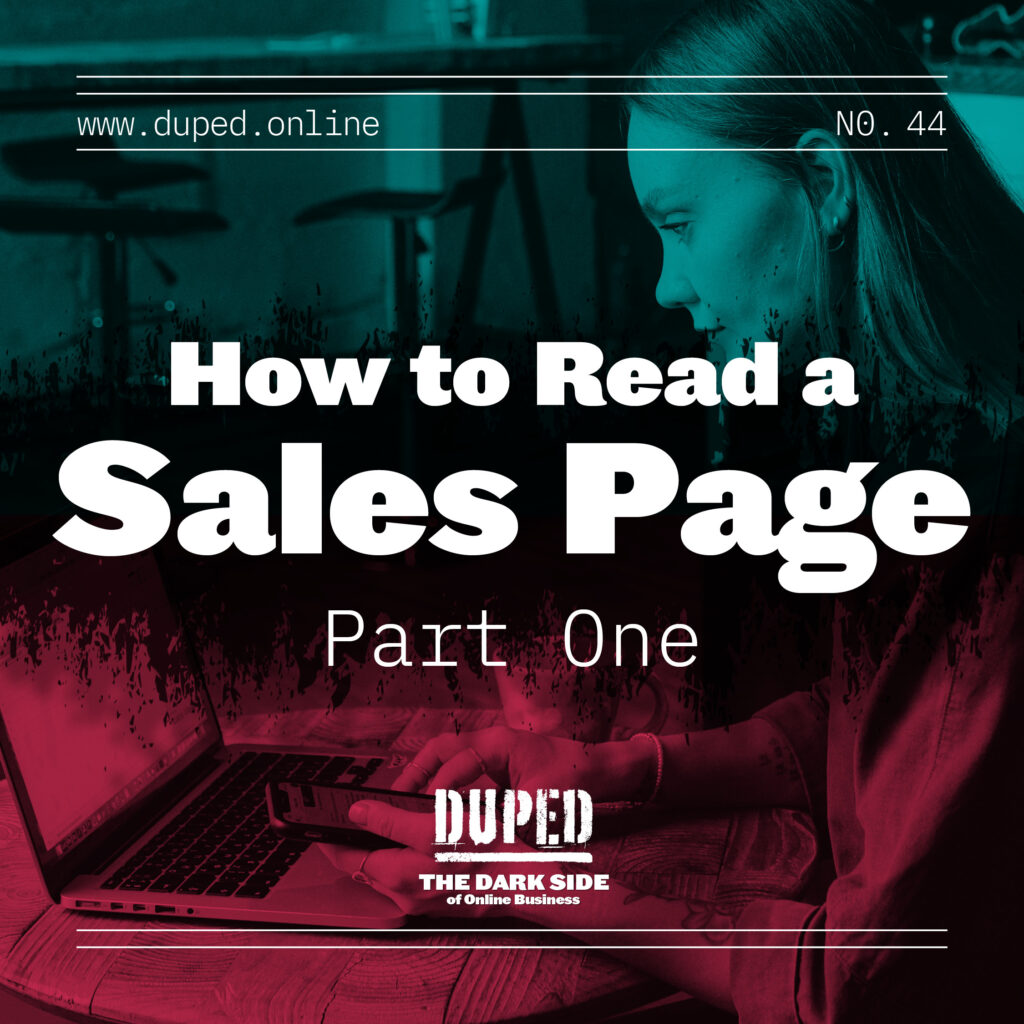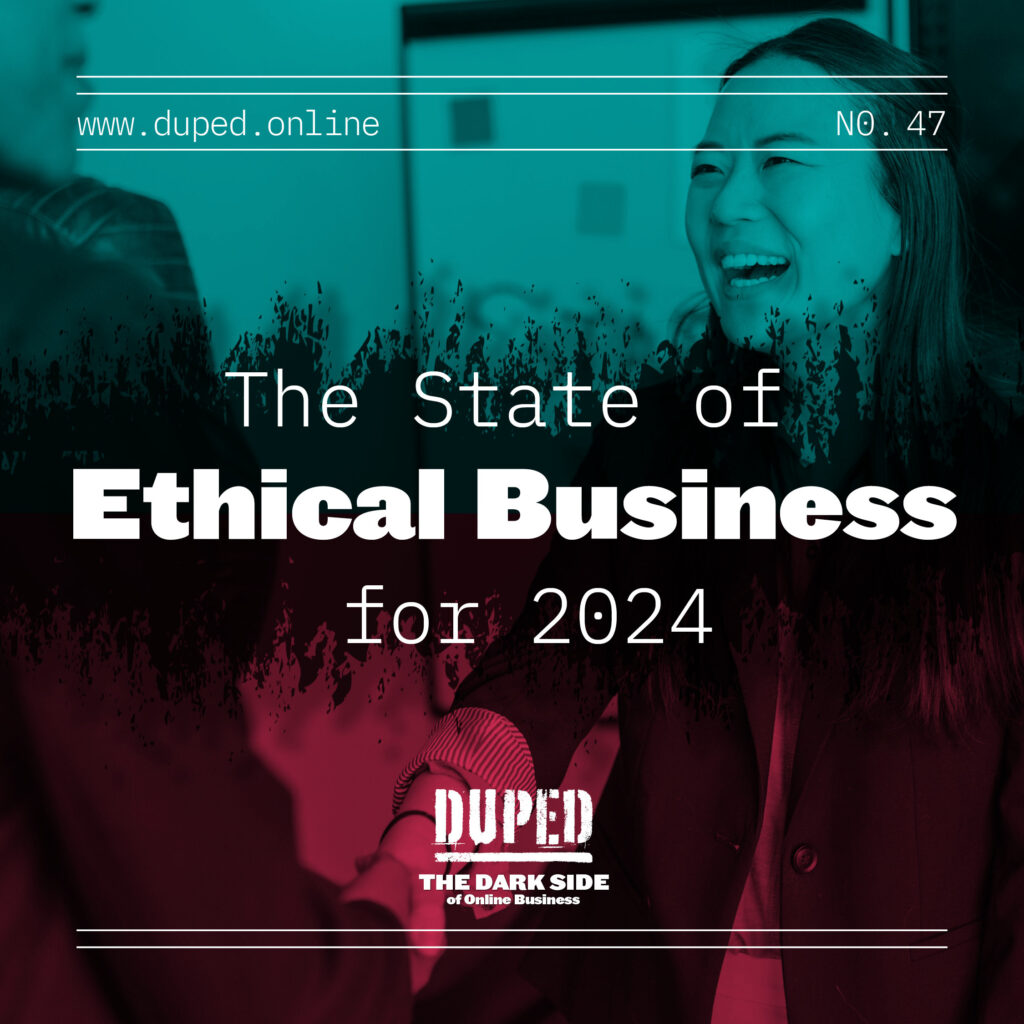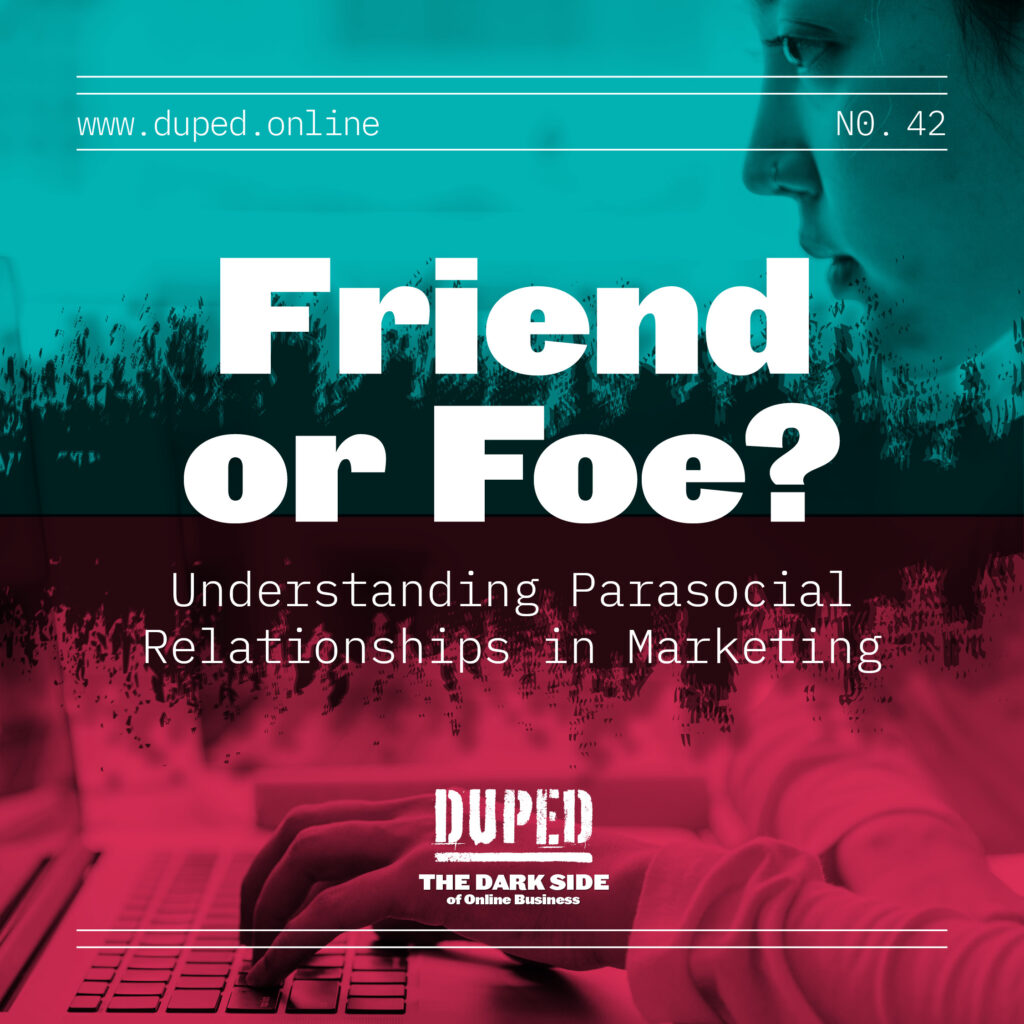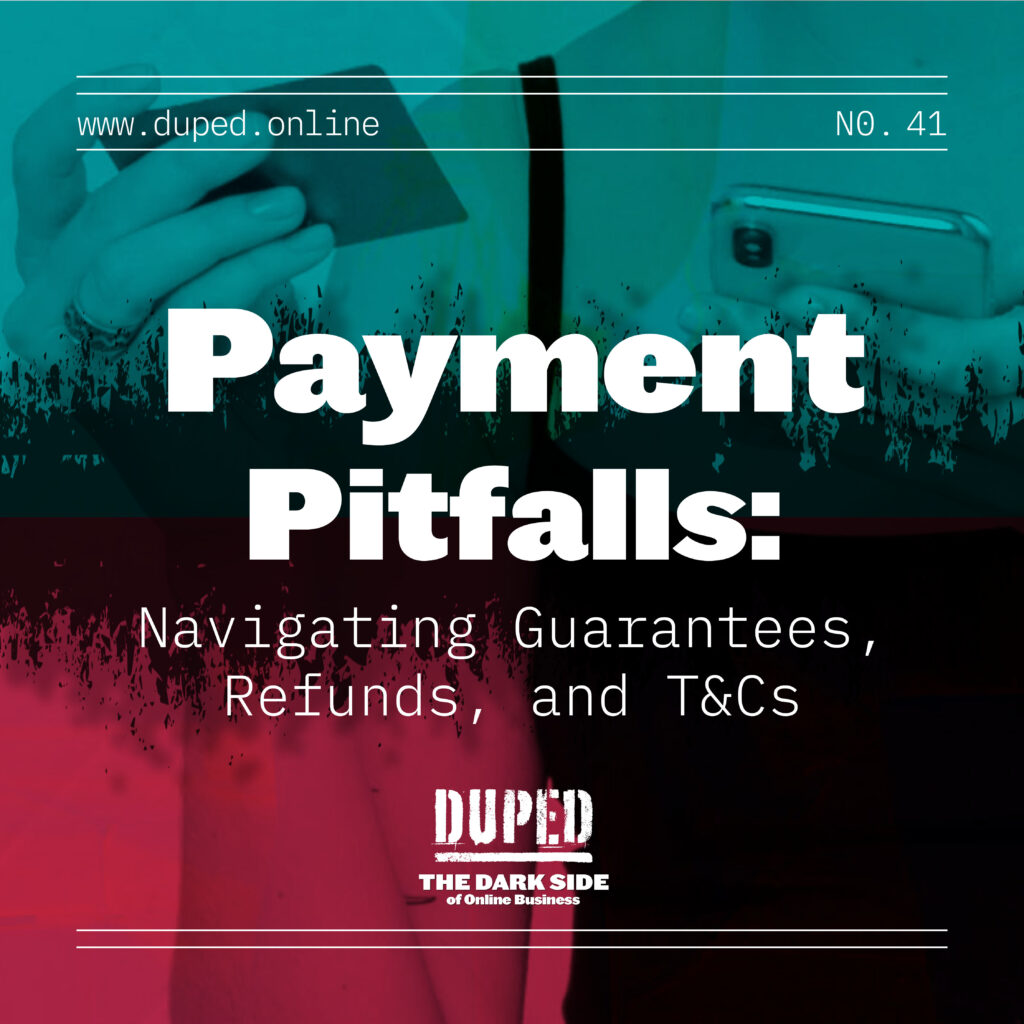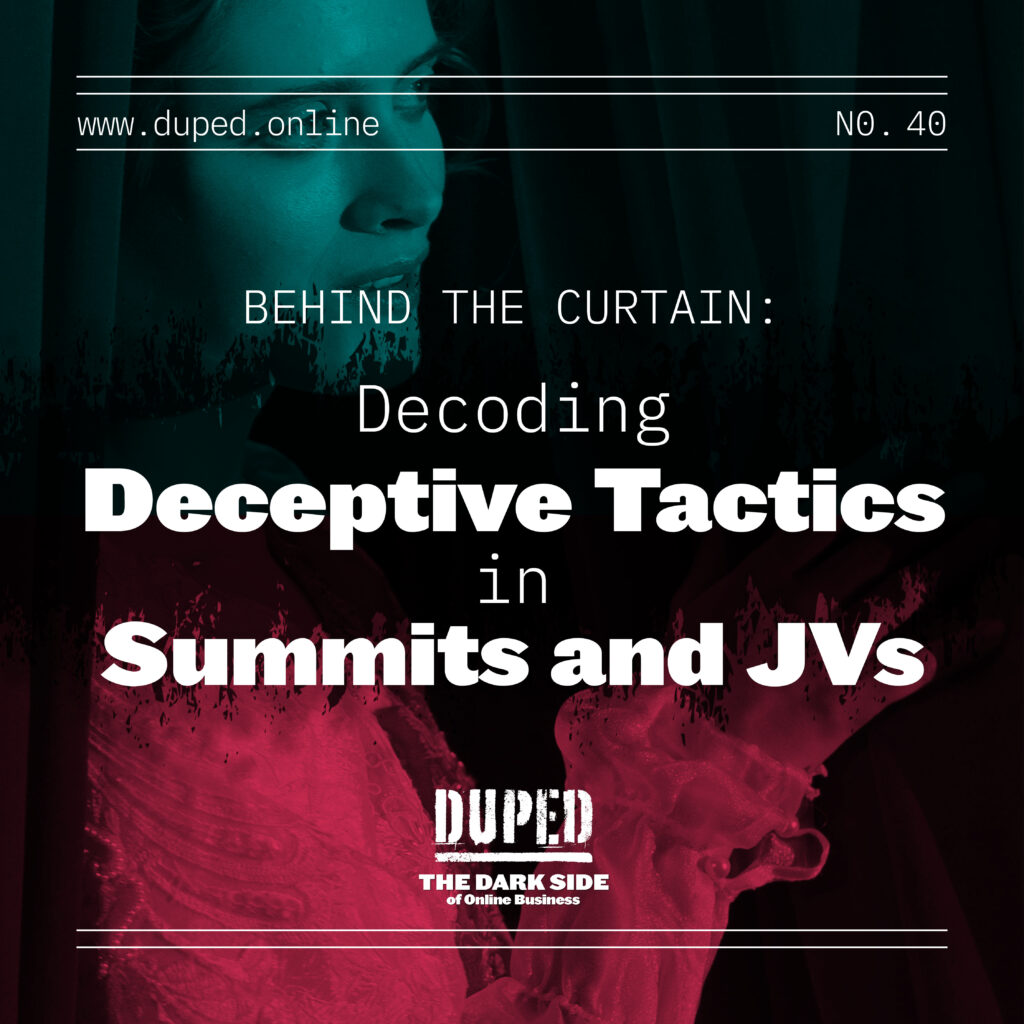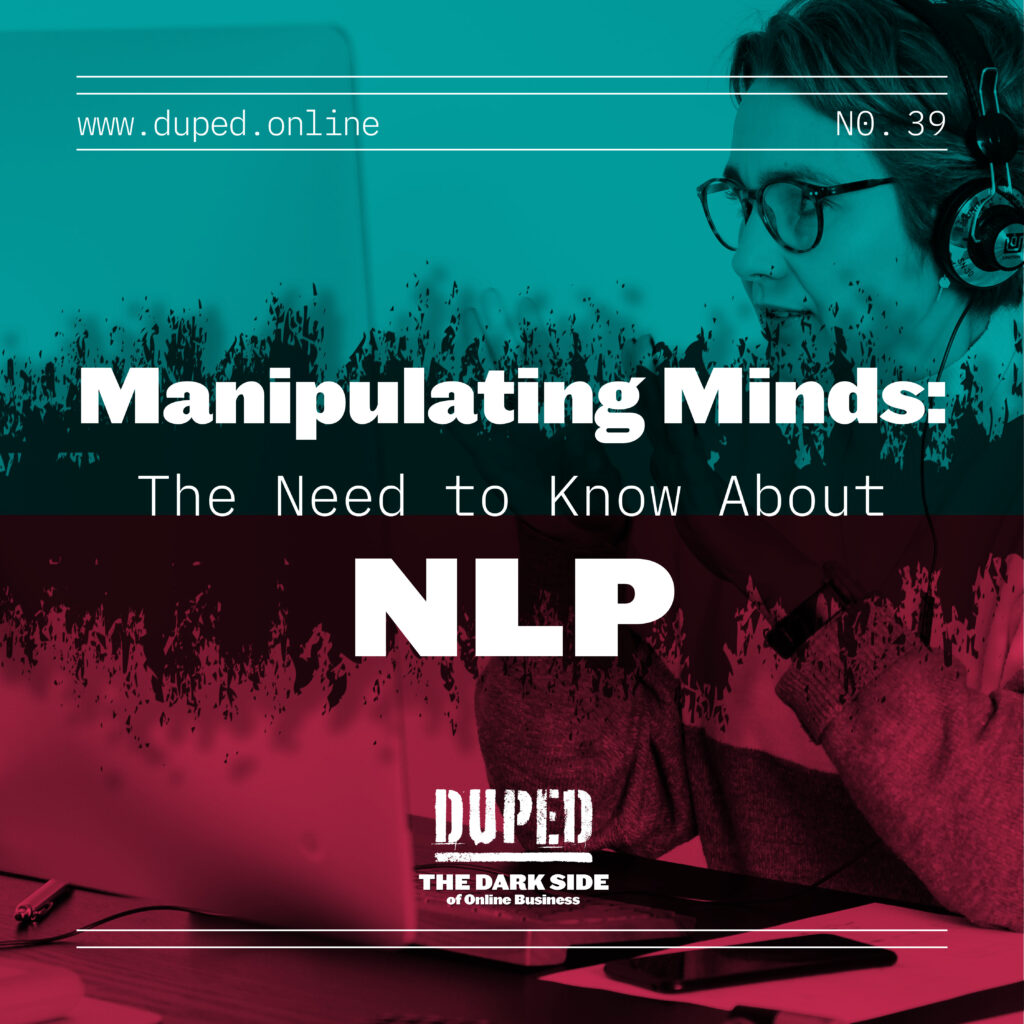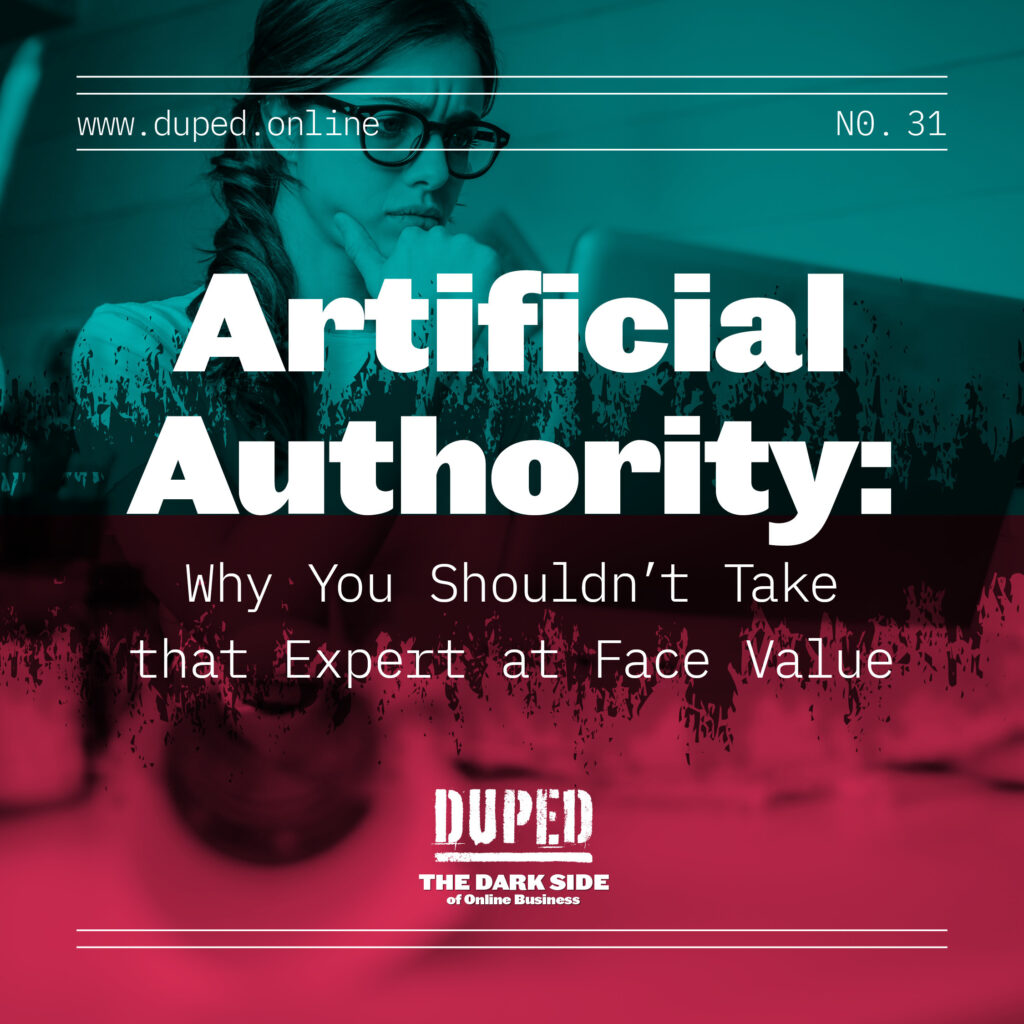
Artificial Authority: Why You Shouldn’t Take that Expert at Face Value
“I’m an award-winning entrepreneur. I’m the author of Wall Street Journal Bestseller.”
Are these claims actually real, or is the business owner who touts such things sitting on a “throne of lies” because nowadays authority and expertise can be bought? It’s probably one of the easiest ways to scam consumers.
Let’s break down different authority scams so you can make the best purchasing decisions.

What is Authority & Why Does it Matter?
Today we are talking about authority and how authority can be bought and sold. What is authority?
According to Robert Cialdini’s book Influence, “The authority principle refers to a person’s tendency to comply with people in positions of authority, such as government leaders, law-enforcement representatives, doctors, lawyers, professors, and other perceived experts in different fields.”
Basically, we judge people with authority as knowing more and being smarter. They know something we don’t (especially when uncertain), so we trust them to guide us. Which is where artificial authority comes in.
Authority is EASILY Manipulated
What do you know about the Milgram Experiments?
- Stanley Milgram was testing if people would obey an authority figure in this case, a scientist, when they were requested to take action that went against their judgment.
- The setup – a memory test. The participant was administering a memory test. The person responding to the test was a confederate, meaning they were in on the experiment.
- When the confederate missed a question, he would be given a shock (not a real one, but the participant thought it was real).
- The shocks would continue increasing in voltage until the confederate would start complaining that it hurt, then talk about their condition; some people turned the voltage up so high the person stopped
- If the participant wanted to stop because of the complaints of the confederate, the experimenter in a white lab coat and clipboard would come in and say, “The experiment must continue.”
Let’s face it, the experimenter was probably some grad student with no real authority, but the people participating were in an uncertain situation, so people complied with their request.
We trust people who are an authority.
The Different Types of Authority Scams in Online Business
Press Release Scams
Have you ever wondered HOW people got those cool NBC, CBS, ABC media logos on their websites? It’s super easy.
How it works: You pay someone to create a press release/article about your business. They distribute it to the media. Certain tiny news channels that are affiliates of the major networks publish the press release on their site. You get the badges to use for your website.
Why it’s a scam: It’s a scam because it’s deceptive. When we see logos on a person’s website, we think it means that they were on one of the major networks but they weren’t. It’s deceptive.
Why it Matters: Media placement is a signal of authority. We both have legit placements in places like Fast Company. We went through the process of pitching and writing. At the end of the day, when someone says they are on a TV channel – they better be on it.
Book Compilations
Being an author is a huge credibility booster. When we hear someone is the author of, we think, wow – they did this thing. They wrote a book, and it’s impressive. It gives them authority and credibility. That’s where book compilation scams come in.
What is it? A person pays to write a chapter in a book (along with 10-20 other people). You agree to bulk buy copies so that the book can end up on the WSJ Bestseller list. Then they can claim they are a bestselling author.
Why it’s a scam and why it matters: When people hear that you are an author, they think you wrote an entire book. It misrepresents your credibility, and buying your way onto a bestseller list is not being a bestseller.
Additionally, a book only works for your business when it relates directly to your business. A chapter will rarely get you known and hired for your work.
Pay to Play Scams – Top 10 Coaches List on Yahoo
Have you ever received an IG DM that tells you you’ve been “selected to be one of the top 10 coaches” for Yahoo? You can be included if you pay $2600 bucks.
How it works: Pay money, then you can claim that you are one of the top 10 coaches in the US, maybe even the world.
Why it’s a scam: It’s a completely bullshit list. Just because someone is in the top 10 doesn’t mean that they are great at coaching or even competent at coaching. It just means they had money to pay.
Why it matters: This scam speaks to the quality of someone’s work. You think you can trust them because they are highly rated and went through some vetting process to be in the top 10 anything. And it’s just all pay-to-play.
Paid Photos Ops with Oprah and Branson (and others)
How it works: You pay money to go to Necker Island or pay for a VIP package with Oprah. You get your picture taken.
How people scam you: They use the photos on their sales pages and website to show their affiliation with the big-name celebrity. Even though they don’t say Branson or Oprah endorse them – it’s implied.
Why it matters: The likability and the credibility of the celebrity are used to boost the business owner’s authority. We think, “If Branson likes them, they must be great at their work.
Artificial Authority: Trappings to Be Wary of
Cialdini says that trappings of authority “carry a perception of status and position and can include anything from expensive jewelry and clothes to luxury cars.” We thought it would be fun to do a lightning round of trappings of authority that are common in the online space.
- “Award-winning.”
- Luxury lifestyle.
- Amazon Best Seller.
- Glam photoshoot.
- Large audience size.
- Showing off your racks and stacks, aka income claim marketing.
We’re sure there is probably more that we are missing, so if you are a member of Patreon, let us know in the community.
Finally, let’s wrap it up and summarize what you, as the consumer, need to be wary of when vetting the people you want to work with.
- Beware of generic media logos: If the media mention doesn’t include the specific show or network they appeared on – it is most likely a PR Press release scam.
- Always look up the book they wrote: It’s very different from being an author with subject matter expertise than being one of 20 authors who wrote about their personal experience.
- Don’t believe the hype: If someone claims they are a top 10 coach, look at the article. If it was a paid placement, by law, the article must disclose it as “paid advertising.”
- A picture doesn’t = an endorsement – I have a picture with Simon LeBon of Duran Duran, but that doesn’t mean he endorses my work. It’s easy to buy a picture with a celeb, but whether they actually endorse that person is a whole other thing.
Links for this Episode:
Join the

Patreon

for only $7/month and get a
monthly bonus episode,
behind-the-scenes content
and more.
